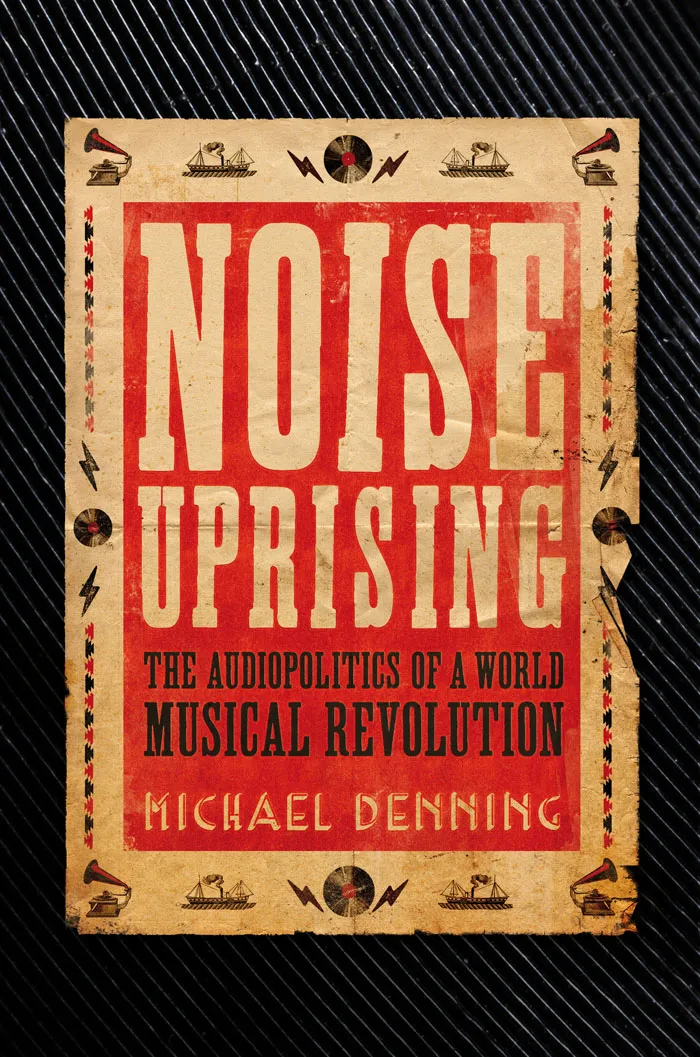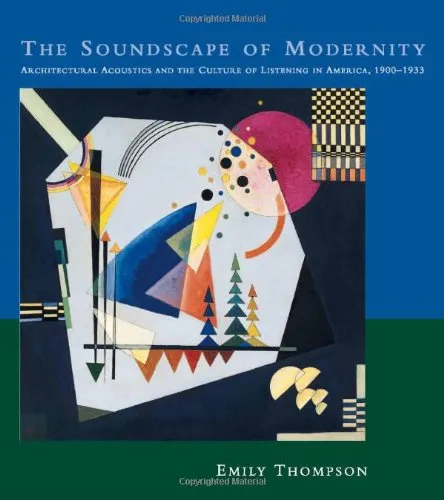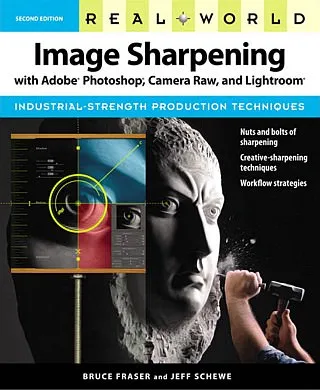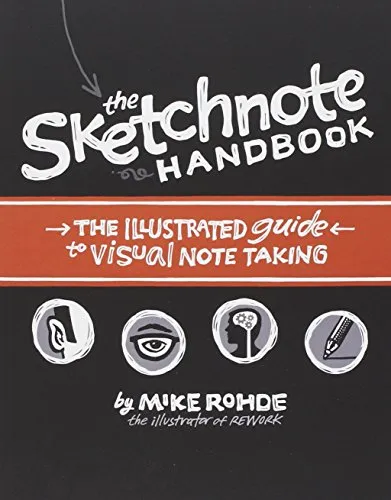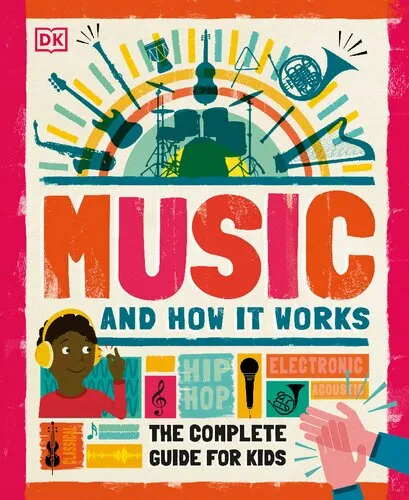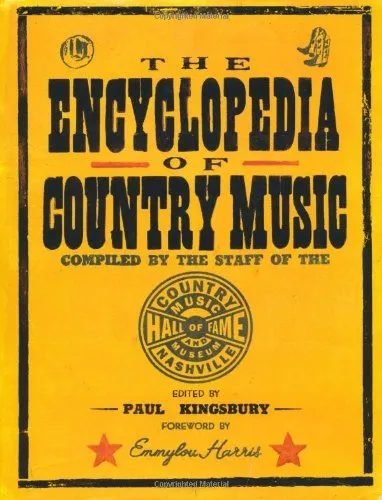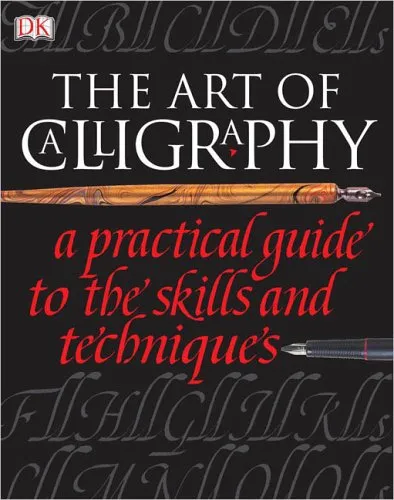Noise uprising: the audiopolitics of a world musical revolution
4.0
Reviews from our users

You Can Ask your questions from this book's AI after Login
Each download or ask from book AI costs 2 points. To earn more free points, please visit the Points Guide Page and complete some valuable actions.Related Refrences:
Introduction to "Noise Uprising: The Audiopolitics of a World Musical Revolution"
"Noise Uprising: The Audiopolitics of a World Musical Revolution" by Michael Denning breaks new ground in understanding the cultural and political transformations brought by the explosion of recorded sound in the early 20th century. This book delves into how the advent of electrical recording technology and its subsequent impact on global music production spurred a revolutionary reshaping of musical traditions, cultural identities, and geopolitical landscapes. It captures the moment when working-class sounds, regional musical traditions, and previously ignored voices burst onto the global stage with electrifying force.
Denning provides a comprehensive and multidisciplinary analysis, illustrating how this "noise uprising" challenged colonialist hierarchies, disrupted Western dominance in music, and gave rise to a vibrant, cacophonous era of auditory transformation. Through the lens of music history, political resistance, and emerging technologies, the book adopts a radical perspective on the inherent relationship between sound and social change.
Detailed Summary of the Book
At the heart of "Noise Uprising" is the idea that the global dissemination of electrically recorded music in the 1920s and 30s activated a profound cultural upheaval that connected previously segmented worlds of sound.
Denning begins by tracing the advent of electrical recording technology, which allowed music to be recorded with unprecedented clarity and fidelity. At the same time, there was a democratization of music-making as recording became more accessible to musicians outside the traditional Western canon. Genres such as tango, samba, flamenco, rumba, and Hawaiian hula began to transcend their local contexts and erupt onto international stages, signaling the birth of a rebellious new soundscape.
Importantly, Denning challenges the narrow focus on Western classical music as the epitome of "high culture." The book underscores how electrical recording amplified the voices of musicians from colonized and marginalized communities. From the Caribbean to West Africa, from the gypsies of Spain to Mexican ranchera singers, "Noise Uprising" showcases how these unorthodox sounds reshaped musical production and listeners’ expectations.
Ultimately, Denning argues that this unprecedented wave of recorded sound not only marked an aesthetic shift but also mapped onto political and social struggles. These sounds symbolized an uncontained noise—resistant to boundaries, labels, and powerful hierarchies—which he deems an "audiopolitical revolution."
Key Takeaways
- The invention of electrical recording technology marked a turning point for global music production and dissemination.
- Music from marginalized and colonized communities gained global recognition, challenging the dominance of Western classical traditions.
- "Noise Uprising" highlights the sociopolitical foundations of sound, emphasizing music as a form of resistance and cultural identity.
- The book illustrates how a technological innovation, like electrical recording, can trigger widespread cultural and political reverberations.
- Denning positions popular music as a key tool in redistribution of cultural power across national and ethnic lines.
Famous Quotes from the Book
"The rise of electrical recording did not just amplify sounds; it amplified the voices of the previously unheard."
"Noise uprising did not follow borders, nor did it adhere to genres; it was a revolution of sound that flowed into the cracks of empire."
"The music of the working classes, of seafarers, slaves, and laborers, was no longer confined to the periphery: suddenly, it was everywhere."
Why This Book Matters
"Noise Uprising" is essential reading for anyone interested in understanding how art and technology intersect to shape global cultural transformations. By revisiting the historical moment in which the "noise" of the oppressed finally pierced through elite music monopolies, Denning provides a vital critique of the colonial and capitalist structures underpinning traditional music historiography.
The book also serves as a powerful reminder that revolutions come in many forms. The noise uprising was a people's revolution—an audiopolitical challenge to imperial and capitalist domination, proving that even in times of great inequity, the human spirit finds modes of expression that cannot be silenced.
Its relevance today lies in its exploration of how cultural democratization disrupts hegemonic powers—a theme that resonates even in contemporary media landscapes, where technology continues to amplify marginalized voices.
By focusing on the political significance of sound, Michael Denning invites readers to reflect on music from a fresh perspective, blending history, culture, and resistance into a compelling narrative that remains both informative and inspiring.
Free Direct Download
You Can Download this book after Login
Accessing books through legal platforms and public libraries not only supports the rights of authors and publishers but also contributes to the sustainability of reading culture. Before downloading, please take a moment to consider these options.
Find this book on other platforms:
WorldCat helps you find books in libraries worldwide.
See ratings, reviews, and discussions on Goodreads.
Find and buy rare or used books on AbeBooks.
1266
بازدید4.0
امتیاز0
نظر98%
رضایتReviews:
4.0
Based on 0 users review
Questions & Answers
Ask questions about this book or help others by answering
No questions yet. Be the first to ask!
